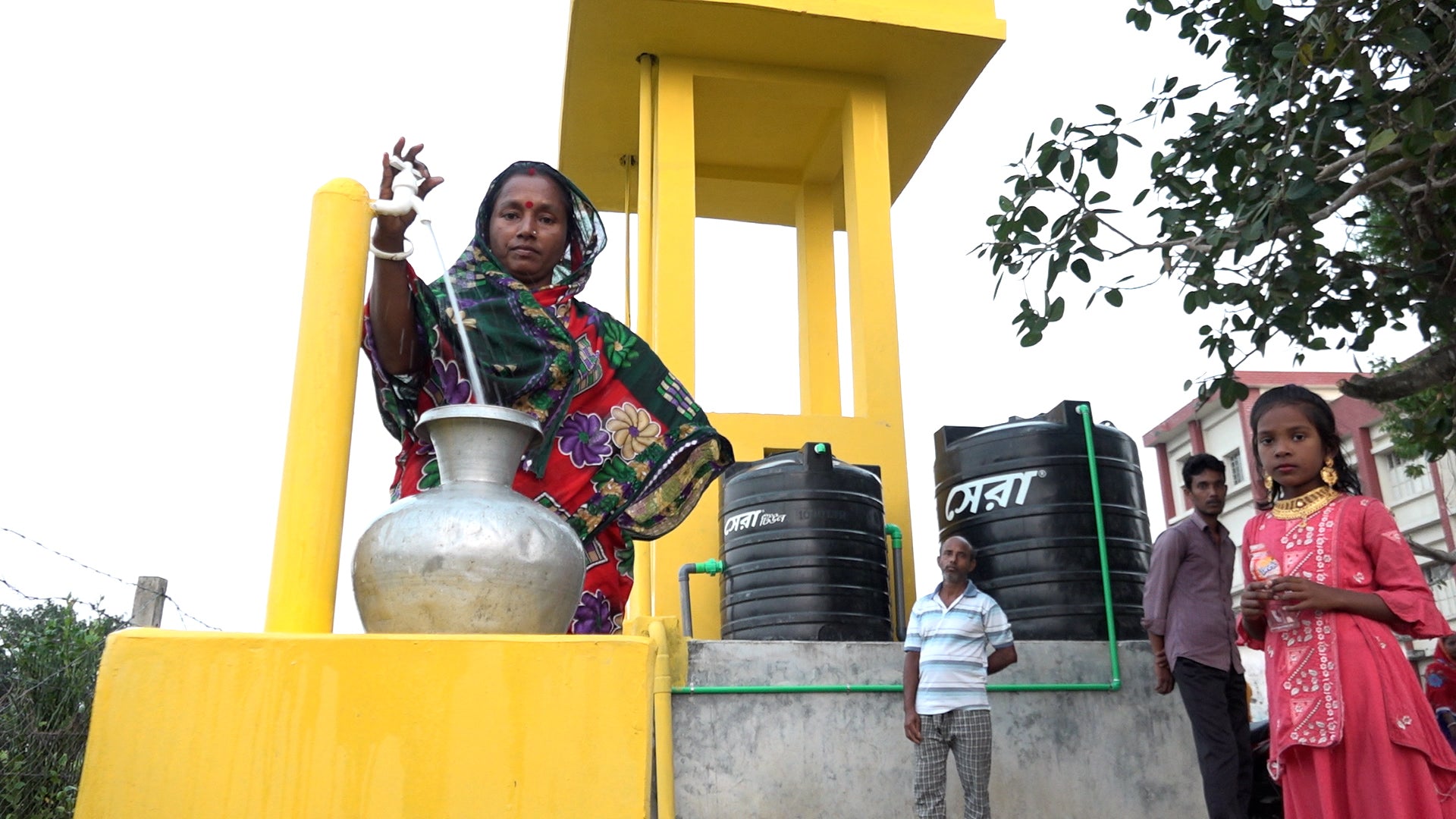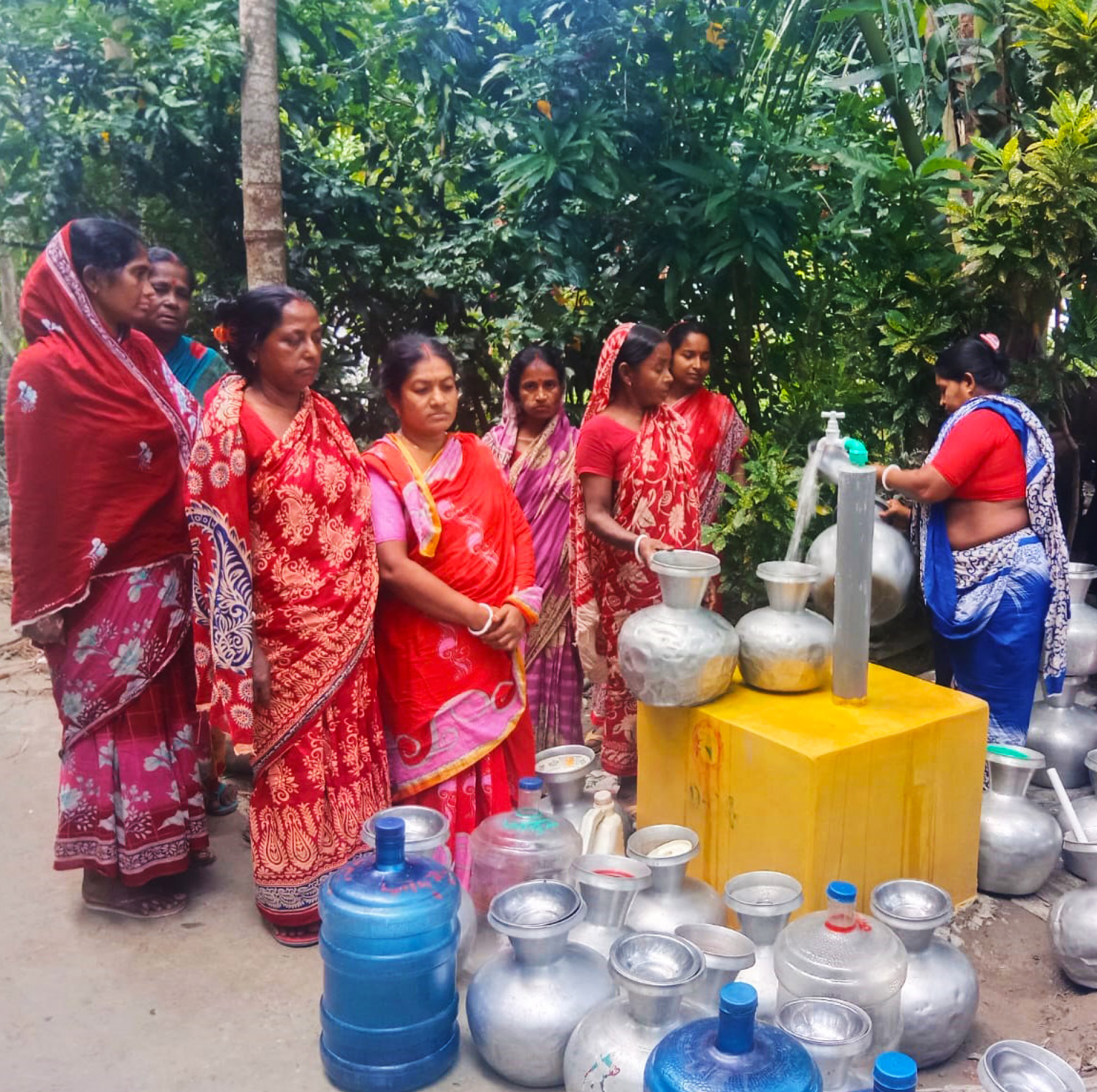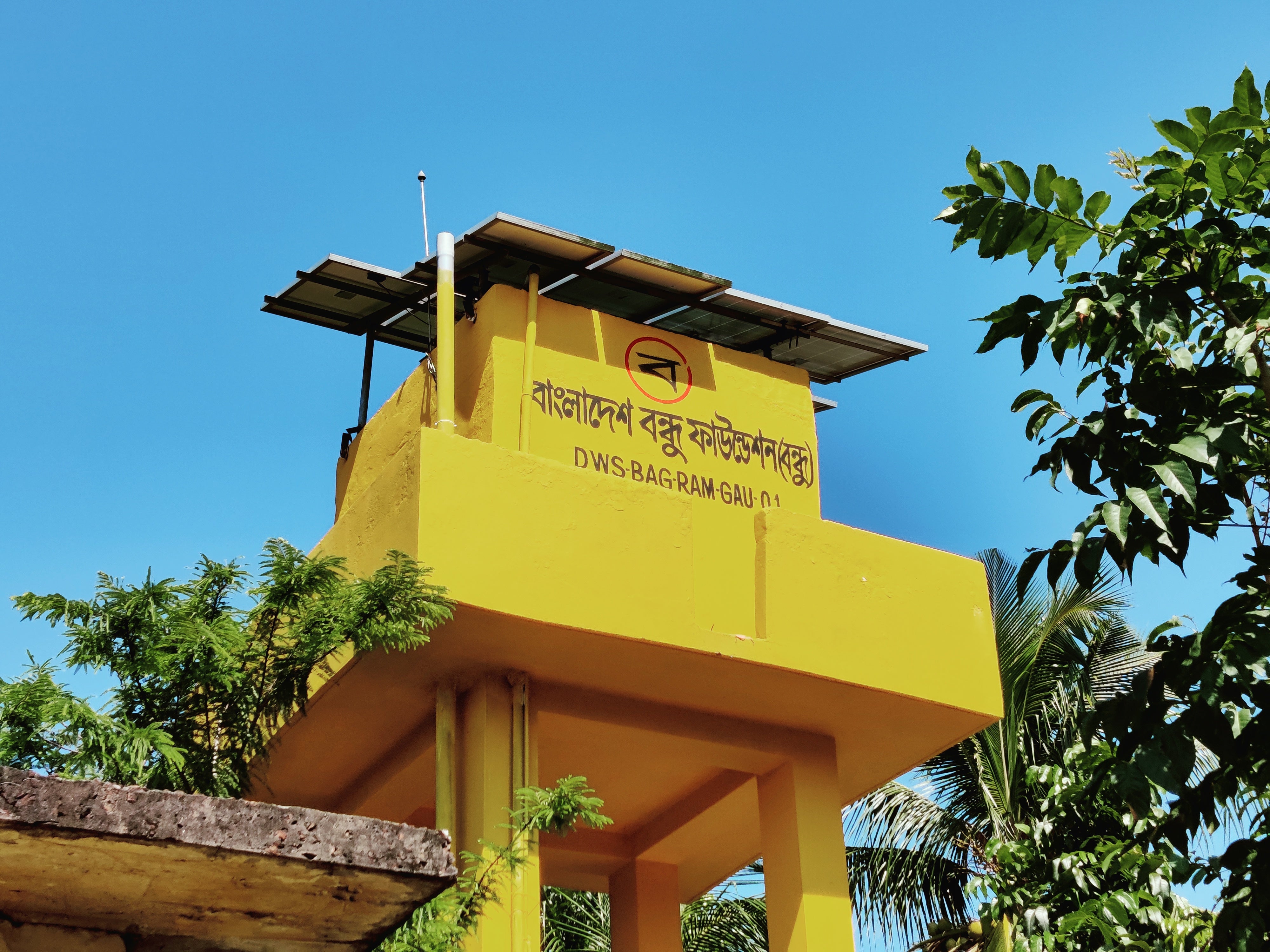Solar Water Filtration Units for Rural Areas in Coastal Bangladesh
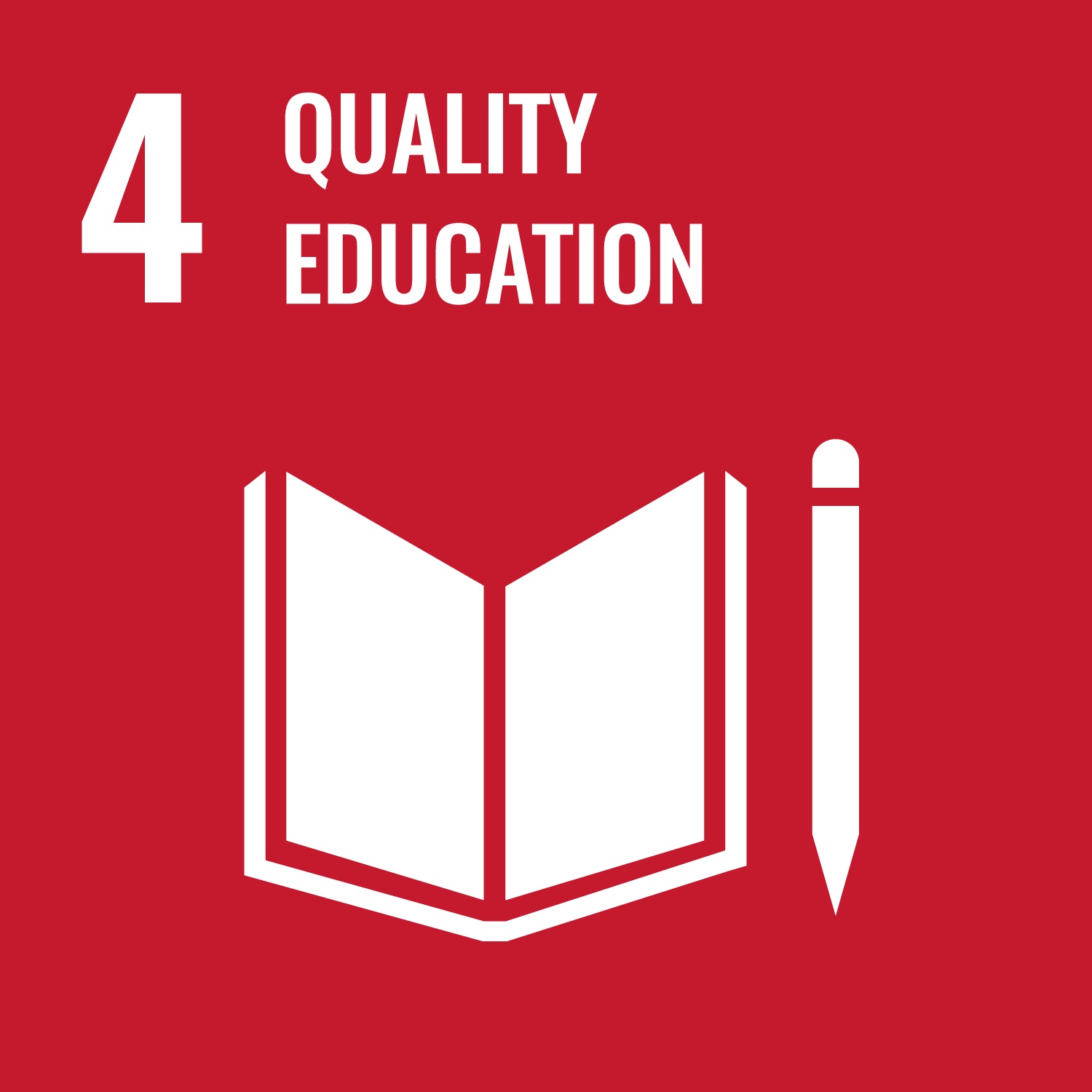
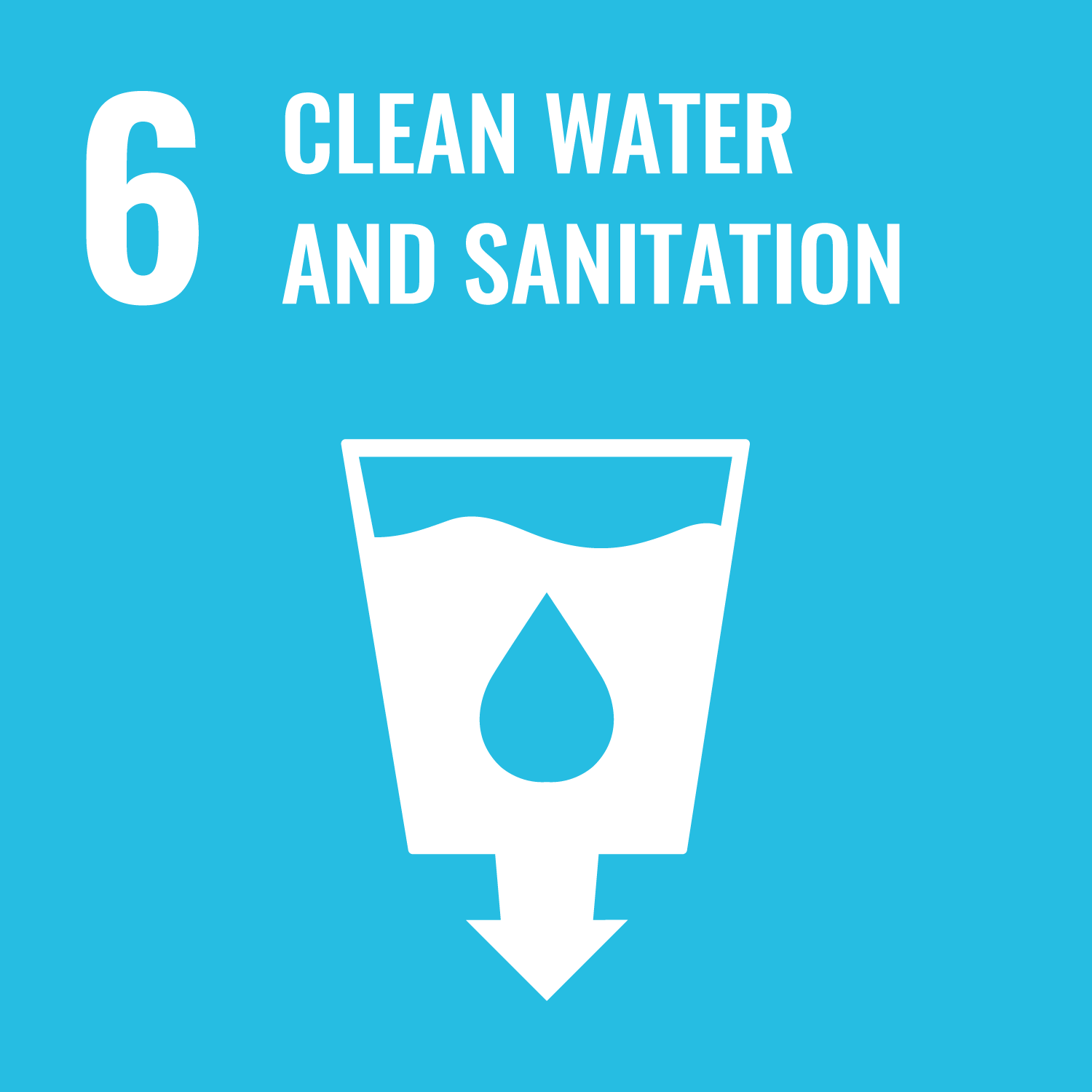
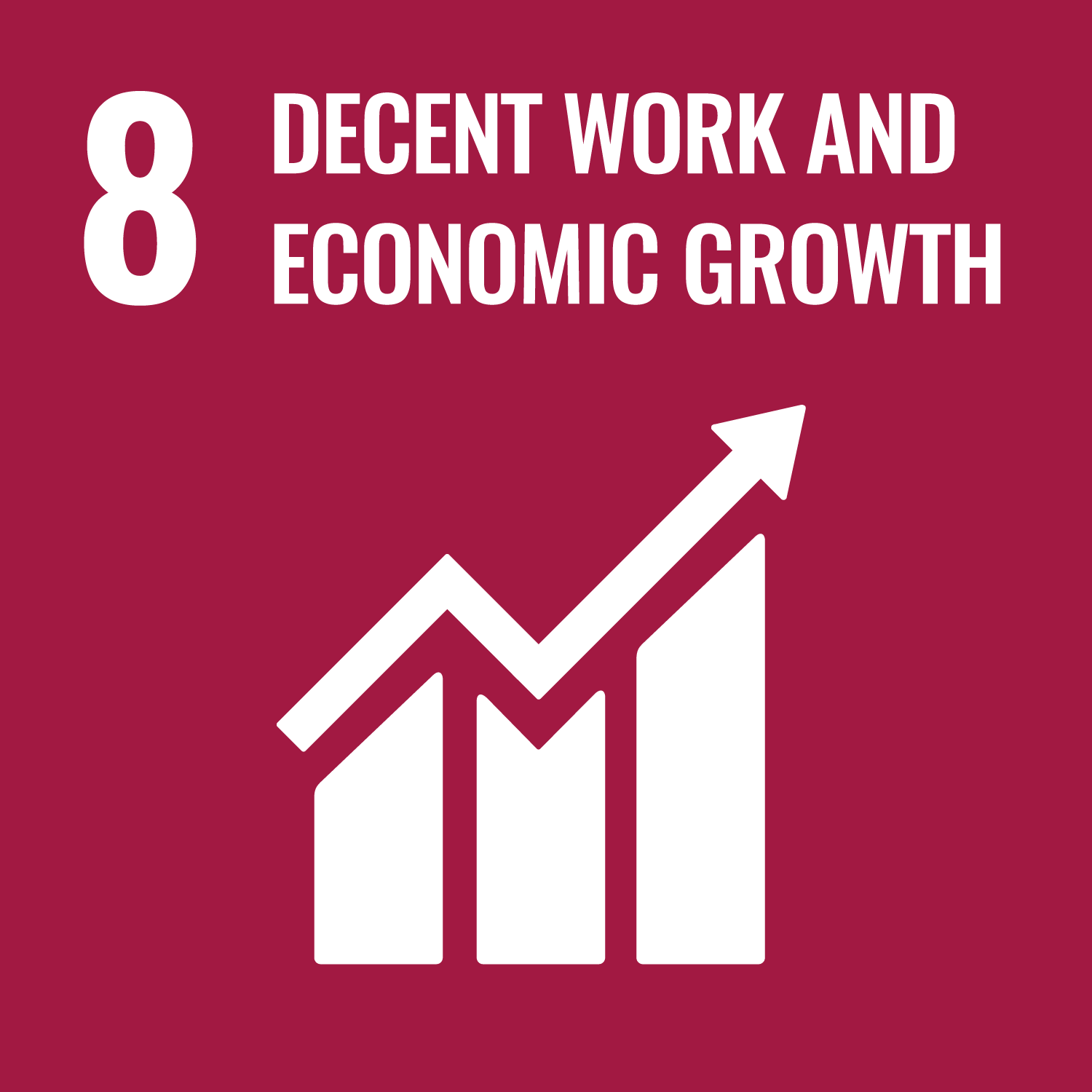
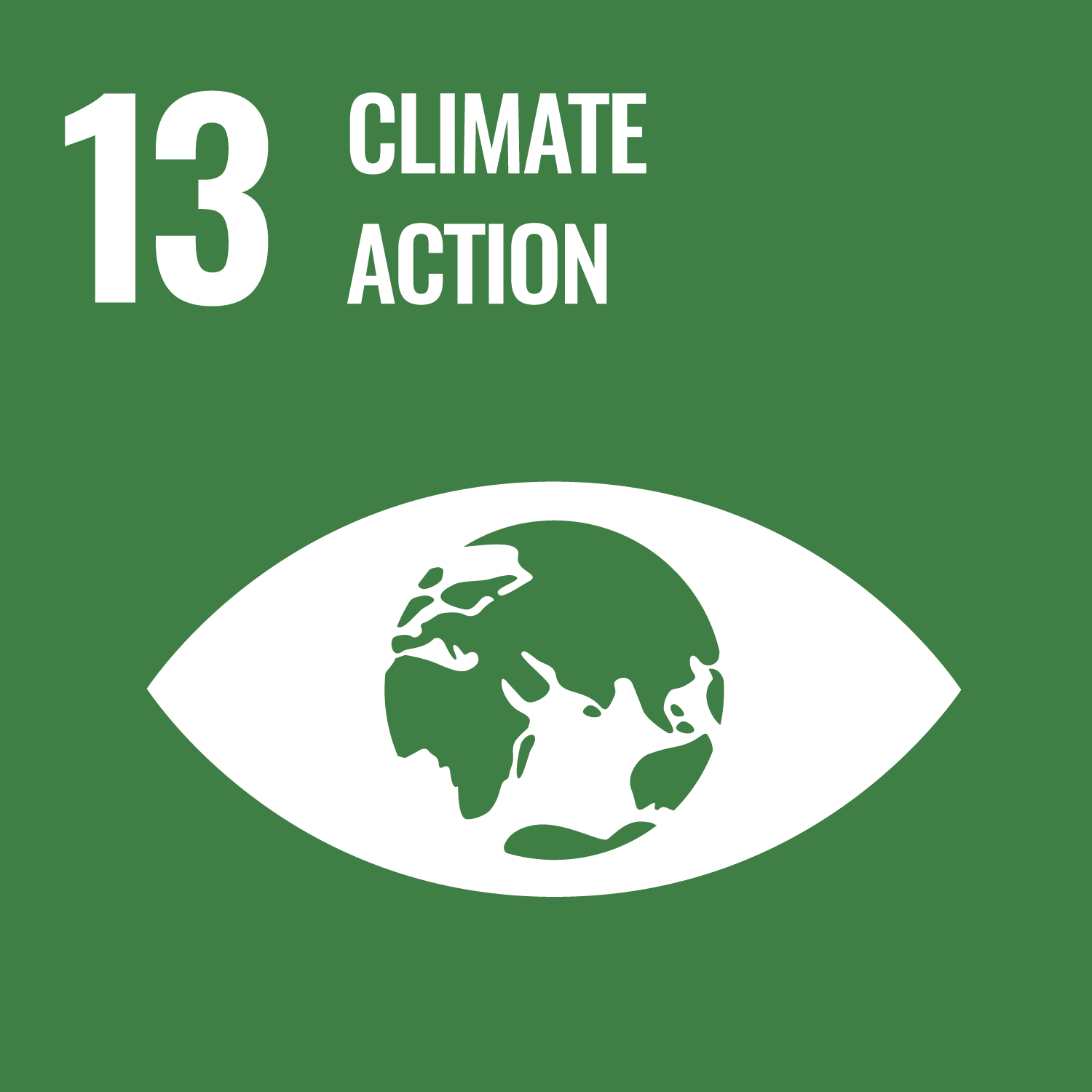
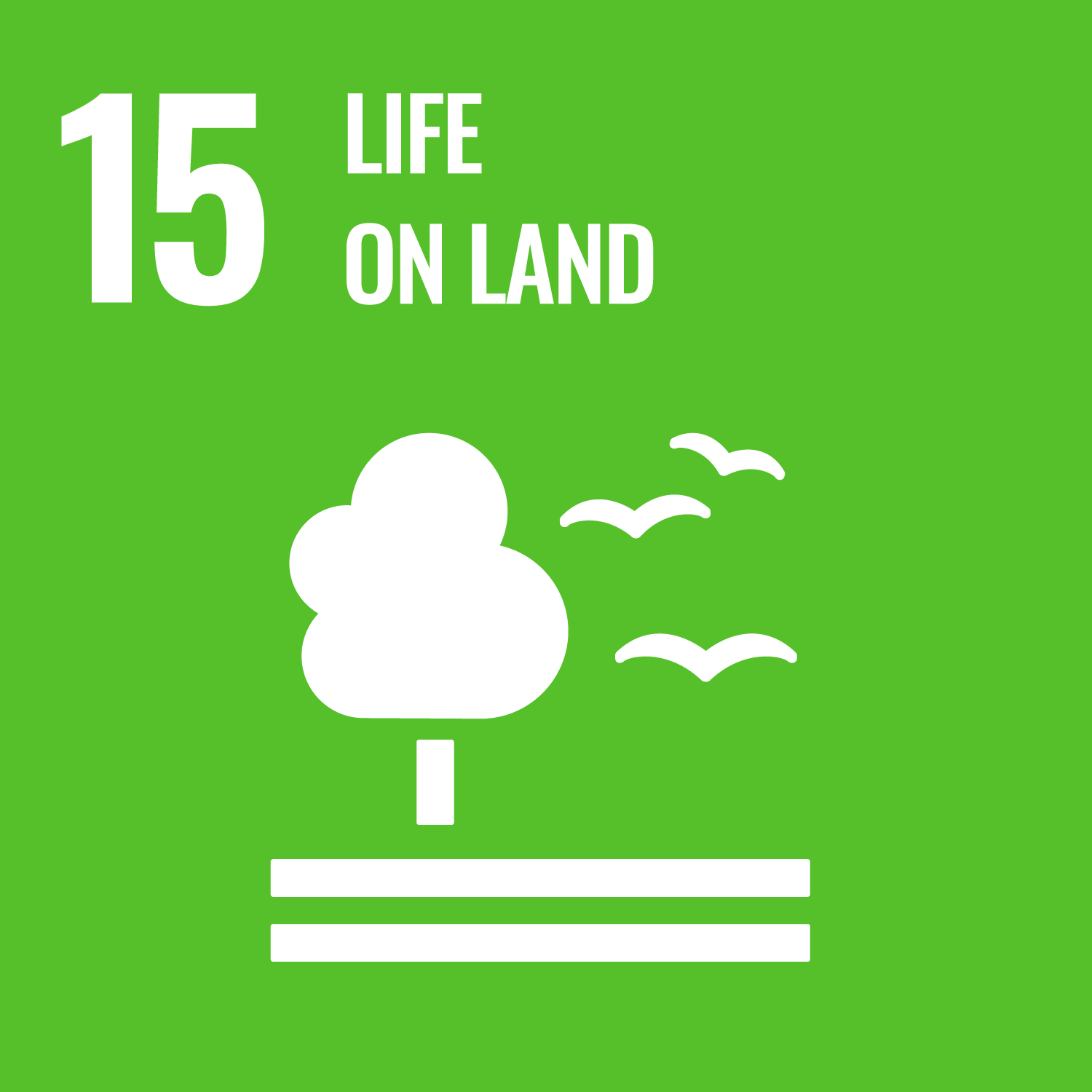
Rural and coastal Bangladesh face significant challenges with access to safe and clean water. According to a 2019 Multiple Indicator Cluster Survey, only 11.6% of households have access to piped water. While 98.5% of households technically have access to improved sources of drinking water, 81.9% of household water was found to be contaminated with E. coli. The survey also revealed that nearly 40% of households with improved water sources and more than 90% of households with unimproved water sources still had E. coli contamination. Despite this, only 9.7% of the population treats their water, with just 5% relying on boiling to ensure safe drinking water. This highlights a critical need for effective water treatment methods that are both sustainable and accessible to the broader population.
The project has been implemented in six districts: Bagerhat, Khulna, Barguna, Pirojpur, Gopalganj, and Satkhira, with plans for expansion to other areas of Bangladesh in the future. It is spearheaded by the Bangladesh Bondhu Foundation (BBF), a non-profit, voluntary organization established with the support of Value Network Venture Advisory Services (VNV). The project deploys low-GHG water purification technologies that use a combination of reverse osmosis (RO) and ultraviolet (UV) ray treatment. These technologies effectively remove microbial contamination and other harmful substances, such as suspended particulates and salinity, making the water safe for consumption.
The initiative also includes retrofitting non-operational solar water filtration systems that were previously installed by the government alongside the installation of new systems. This approach creates a sustainable, clean drinking water ecosystem, significantly reducing the reliance on firewood for water purification and lowering the associated greenhouse gas emissions from non-renewable biomass.
Project Impacts and Benefits
The project has a far-reaching impact by introducing solar-powered water filtration units, which eliminate the need for traditional boiling methods that rely on non-renewable biomass such as firewood.
SDG 4 – Quality Education: The project enhances local knowledge and technical skills by training 200 people annually in water treatment and maintenance. These training programs provide access to technical and vocational education, empowering local communities and aligning with SDG 4’s goal of ensuring inclusive and equitable quality education for all.
SDG 6 – Clean Water and Sanitation: The project provides affordable and safe drinking water to underserved rural and coastal communities in Bangladesh. The installation of water purification systems ensures that 100% of the population in these areas gains access to safely managed drinking water, addressing the high levels of contamination in local water sources. This supports SDG 6 by ensuring universal and equitable access to clean water, improving health outcomes and reducing waterborne diseases.
SDG 8 – Decent Work and Economic Growth: The project promotes local economic development by creating 300 jobs during its initial phase and providing 20 training sessions on water filtration system maintenance. Empowering community members with new skills and sustainable livelihoods aligns with SDG 8, fostering inclusive and productive employment opportunities, especially for rural populations.
SDG 13 – Climate Action: The project directly contributes to climate action by reducing greenhouse gas emissions from traditional water-boiling practices. Introducing solar-powered water filtration systems eliminates the need to burn non-renewable biomass or fossil fuels, preventing an estimated 590,307 tCO2e annually. This aligns with SDG 13 by mitigating climate change through sustainable, low-carbon technologies that reduce reliance on traditional, high-emission energy sources.
SDG 15 – Life on Land: By reducing the need to collect and burn non-renewable fuelwood for water purification, the project helps conserve approximately 1,230.78 tonnes of wood annually. This aligns with SDG 15, supporting sustainable forest management and reducing deforestation, which is critical for preserving biodiversity and combating environmental degradation in the region.
Collectively, those benefits improve public health, promote gender equality, boost education, and drive economic growth and social development in vulnerable regions.
Certification documents for this project are available in the Gold Standard Impact Registry
Vintages of credits: 2023
N.B. Individual vintages cannot be selected for purchase. Purchases will include credits from the vintage range stated.
Project Developer
Value Network Venture Advisory Services Pte. Ltd.

